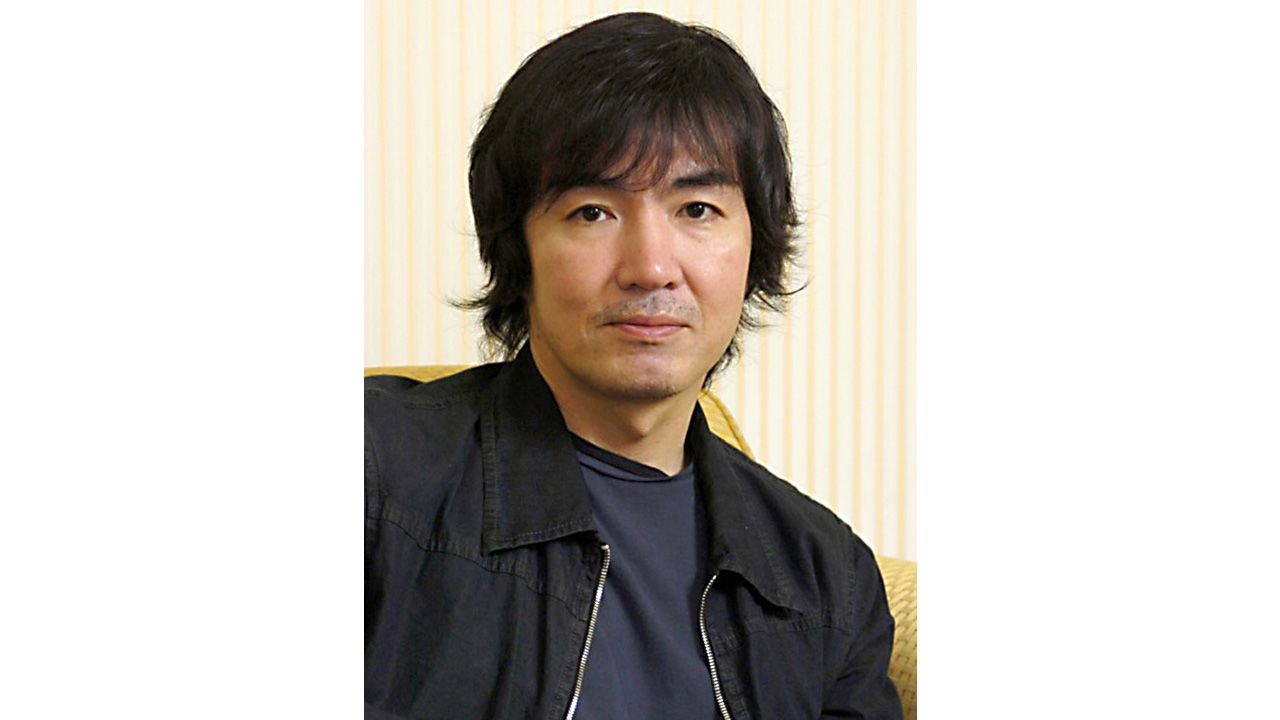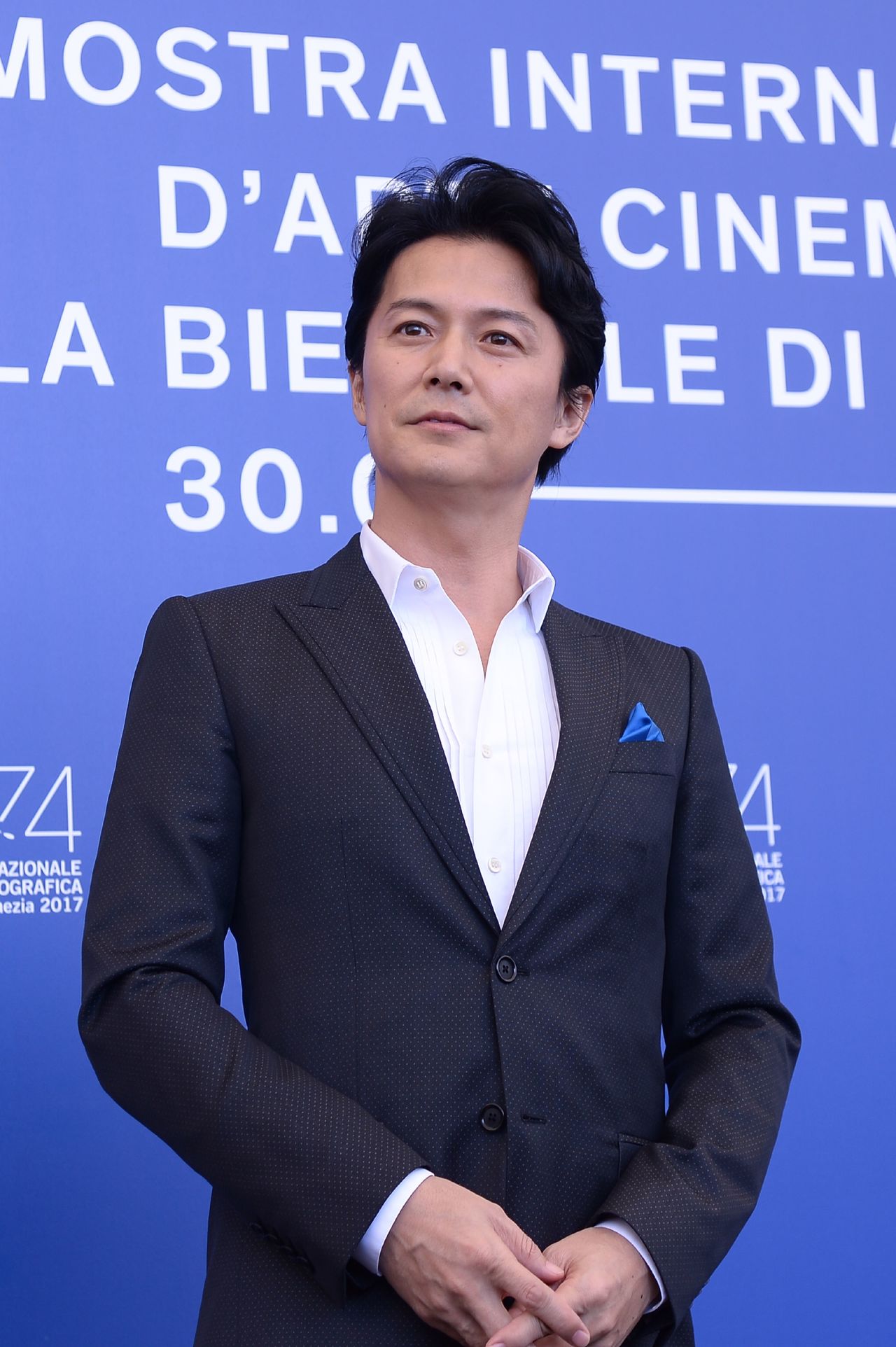
The Galileo Series: Higashino Keigo’s Mystery Hit
Culture Books- English
- 日本語
- 简体字
- 繁體字
- Français
- Español
- العربية
- Русский
Cool Detachment
There have been many great problem solvers in mystery fiction. But in Japan, few can hold a candle to Yukawa Manabu, the protagonist of Higashino Keigo’s Detective Galileo series.
From the publication of the first story “Moeru” (Burning) in 1996 to the release of the latest novel Tōmei na rasen (The Transparent Spiral) in 2021, Yukawa has been unravelling mysteries for a quarter of a century. What’s the secret of his enduring appeal?
Yukawa is a scientist by trade and not a professional detective. Recognized for his genius since his student days, he first appears in the series as an assistant professor in the Physics Department at Imperial University. But it is his ability to solve crimes based on his scientific knowledge and penchant for not missing the smallest clue that earn him the nickname Galileo, after the genius astronomer.
Many stories in the series begin with a visit to Yukawa’s Imperial University laboratory by Kusanagi Shunpei, his one-time university badminton teammate who is now a detective in the Tokyo Metropolitan Police Department. Kusanagi picks Yukawa’s brain to try and get a lead in whatever case he is working on.
In the story “Burning,” Yukawa is introduced as tall, pale-skinned, and wearing black-framed glasses—the look of an intellectual. His appearance is the same as when he was an undergraduate, and his hair still hangs down to just above his eyebrows. Meanwhile, he always speaks bluntly to his old friend Kusanagi.
Rather than outwardly showing interest in a new case, Yukawa typically chases Kusanagi out of his lab with noncommittal responses such as, “I have no opinion,” “I have no idea,” or “Anything’s possible.” However, when a case piques his interest, he sets about untangling the mystery, visiting the crime scene and talking to people involved. Sometimes he cooperates with the police in these endeavors, and sometimes he works alone.
The puzzles Yukawa takes on are anything but straightforward, involving such peculiar strands as clairvoyant hostesses, homemade railguns, and telepathic twins. While police detectives may be at a dead end or distracted by red herrings, Yukawa maintains the cool detachment of a scientist and applies his firm conviction to crack the case.
Although he behaves indifferently toward the police, Yukawa has a powerful passion to uncover the truth. Yet, he retains his composure, remaining cool to the end rather than acting as the hero when he invariably offers up the solution. This divide between his outer appearance and inner passion—described by the term tsundere in Japanese—is what captures readers’ hearts.
Influences of Adaptations
Adaptations have also buoyed the popularity of the Galileo series. The success of Yōgisha X no kenshin (trans. by Alexander O. Smith as The Devotion of Suspect X), which sold 3 million copies, led to a Galileo TV drama in 2007, in which popular actor Fukuyama Masaharu played Yukawa.
In the books, Yukawa has some appeal due to his strong individuality, but is generally portrayed as unsociable and obsessed by science, traits that are certainly not cool or stylish. For instance, he uses a stained coffee mug that he seems to have picked up for free and typically wears a lab coat in total disregard for fashion.
Fukuyama, meanwhile, is known for his looks and style, making him a surprise choice for the part of Yukawa. Some Galileo fans commented that he did not really fit their image of the scientist.

Fukuyama Masaharu at the Venice Festival in September 2017, where Koreeda Hirokazu’s film The Third Murder, starring Fukuyama, was in competition. (© AFP/Jiji)
However, the series was a great hit, with average viewer ratings topping 20%. Fukuyama soon became the face of Yukawa. A movie version of The Devotion of Suspect X (released internationally as Suspect X) followed in 2008 and was also hugely popular. There was a second season of the drama and a number of specials, as well as two more films: Midsummer’s Equation in 2013 and Silent Parade in 2022.
Fukuyama’s unexpected fit has encouraged fans of the live-action series to seek out the original books. This led to a further boom in popularity first in Japan, and then overseas.
Even the author himself has been influenced by adaptations. In a conversation with Fukuyama published in monthly Bungei Shunjū, Higashino admits that he has come to write with the actor in mind. “Yukawa is slowly changing as he gets older,” he says. “This has led me to portray the character in a similar way that I feel Fukuyama performs him.” However, he stresses that it has been a natural progression rather than forced. “I don’t feel the need to go out of my way to hugely alter the character or make him do something eccentric.”
Higashino notes that after the film and drama adaptations, readers of the novels are bound to imagine Fukuyama as Yukawa. Speaking in the same article, he says that “it would be ridiculous not to expect them to. So, I do my best to go with it and write something they’ll find easy to read. I wouldn’t write anything that seems at odds with the image Fukuyama portrays.”
The actor for his part acknowledges the connection. “I’ve read all of the novels, and I feel very fortunate,” he says in the same article. He says that he starts each new Galileo book profoundly aware that he is the face of Yukawa Manabu, joking that “it’s as if I’m looking at the latest incarnation of myself.”
Higashino does not draw a firm line between his novels and their adaptations, instead he has entered the latter’s world, blurring the boundaries between the two. There have been many other instances of actors becoming synonymous with literary characters, such as James Bond or the detective Kindaichi Kōsuke. In this case, however, author and actor are contemporaries.
What lies in store for the Galileo series in the future? Even if Yukawa gets older, edging into his fifties and sixties, the stories will surely keep coming. With 10 books already published, the series promises many more adventures.
(Originally published in Japanese. Banner photo: Author Higashino Keigo poses for the media following The Devotion of Suspect X being nominated for the 2012 Edgar Award for Best Novel. © Kyōdō.)